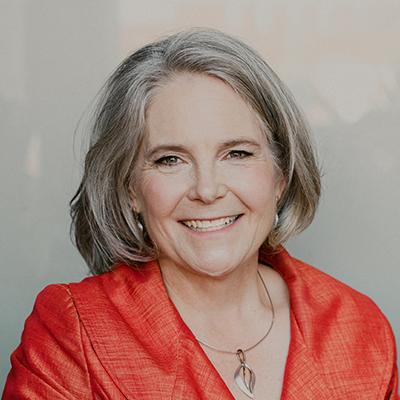


Organizations across the world are rushing to position themselves as acknowledging the importance of diversity. Or equity, inclusion, anti-racism and other variations on the theme. 2020, what a year.
In 1993 (yes, 30 years ago), I stood in front of an audience of several hundred women and took my lumps about my discriminatory language in relation to disability. I first learned about Canada’s horrific residential schools at the same event. I took my first job as a “Diversity and Accessibility Officer” nearly 20 years ago. Even then, I felt like I came to this work late, standing on the shoulders of many who came before.
If I felt I was late to the work in 1993, why is there a collective corporate and community rush now and not then? Or perhaps, why the rush, again? I will leave that to experts in social movement theory, but for now, what interests me is how to ensure that we aren’t having this same conversation in another 20 years.
Diversity is an inherently vague term which enables us to have cheerful conversations at a high level, but which risks confrontation when we get down to the details. No one is against diversity or inclusion or equity or anti-racism. Until it means spending money, losing privilege, or sharing power. Who hasn’t heard this conversation?
“We are fully accessible for people with disabilities and we would put in that accessible doorway, but we don’t have the budget for it this year ….”.
Yet, while the term ‘diversity’ is inherently vague, it is also the current short-hand for people and organizations looking to do better. So I propose we co-opt it and invest it with the radical systems change we are looking for.
Canada’s former Information and Privacy Commissioner, Ann Cavoukian, coined the terms “privacy by design” and “access by design” to promote the ability to build systems and technology in which privacy or transparency were features, not add-ons.
I think we can (re)build our organizations whether government, not-for-profit or private sector to be Diverse by Design by adopting certain fundamental principles whenever we ask a question about who we are, what we do and who we do it for:
Hopefully these five simple principles can become the tools in (re)building our organizations and communities to create the systemic change that we need to achieve real equity and justice.